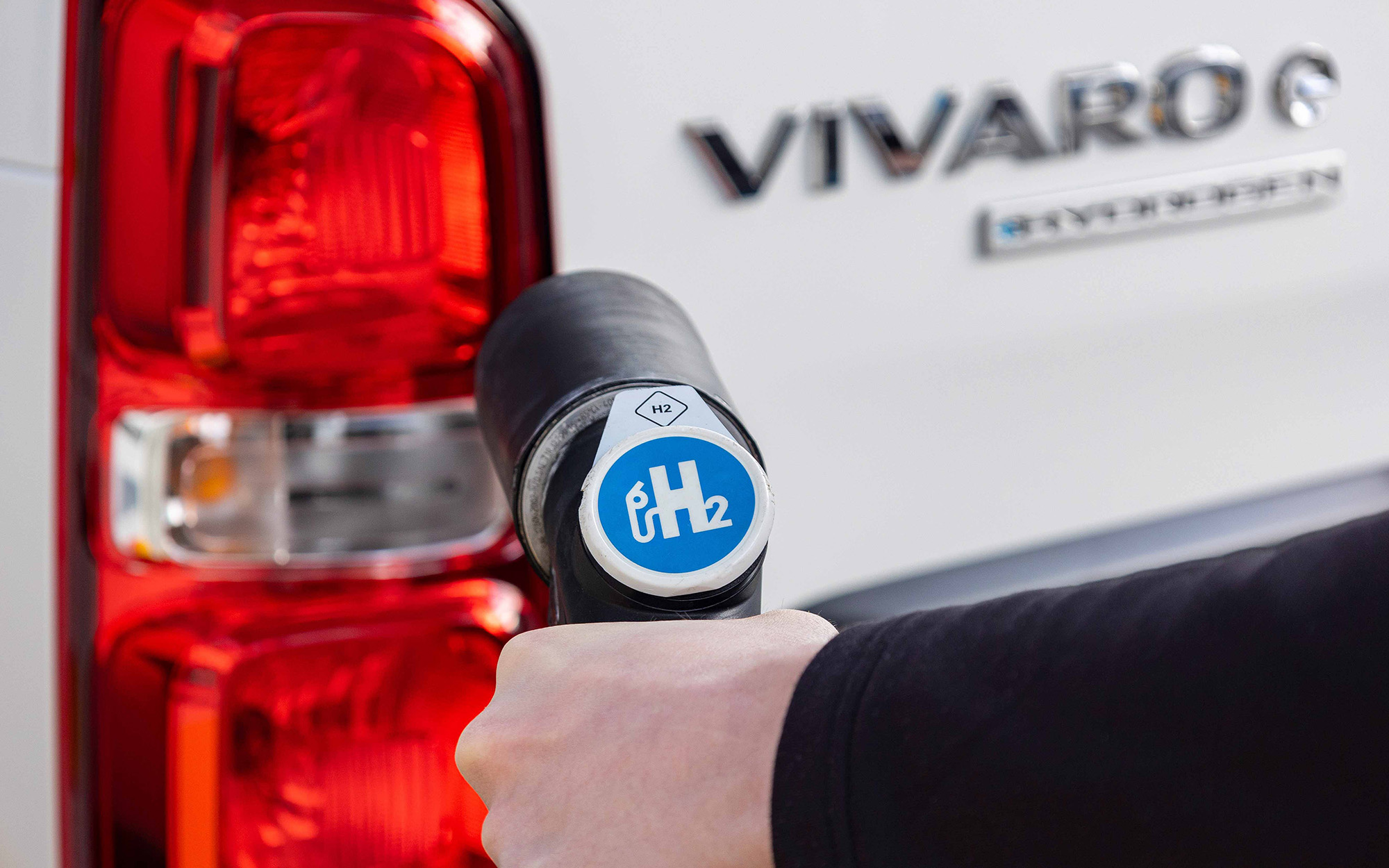Recently, there has been much discussion again in the industry about EVs, with falling prices of used Tesla models sparking debate about whether these prices were inflated or if it was simply a market correction.
Additionally, charging station queues in London over the Christmas period made national headlines for all the wrong reasons, and let’s not forget the elephant in the room: the cost-of-living crisis, which continues with no sign of let-up.
The Scottish government also recently made an embarrassing error by saying the ban on selling new petrol and diesel cars had been pushed back to 2032, before quickly correcting the statement and reiterating that the original 2030 date still stands.
Additionally, there have been many comments and opinions from industry experts stating their belief that the 2030 deadline may be pushed back or even scrapped altogether!
I recently conducted a survey on First Response Finance’s LinkedIn and Twitter pages to gather opinions from dealers and consumers on the likelihood of the 2030 deadline being kept, and 94 per cent of LinkedIn respondents and 90.7 per cent of Twitter respondents believed the deadline wouldn’t be met.
Manufacturers have invested billions in the research, development and production of electric vehicles, and it may be too late for them to shift their focus to alternative fuel sources such as hydrogen or synthetic fuels, as they need a return on their investment.

It could be too late for manufacturers to shift their focus from electric power to alternative fuel sources such as hydrogen, says Richard Pygott
Car makers themselves lobbied the government in 2021 asking for the deadline to be reconsidered, arguing that sales, jobs and huge parts of the industry were at risk of failing if the 2030 deadline wasn’t re-evaluated.
According to the SMMT, if sales of new EVs continue to climb at the current rate, they’ll account for 40 per cent of overall car purchases by 2030.
While I see this as a positive trend, I believe that without further government incentives to encourage more consumers to buy electric cars, people may feel forced into the electric revolution rather than voluntarily embracing it.
The roll-out of the charging infrastructure also appears to be falling behind, with charging stations not being installed at the rate needed to support the deadline.
I believe that the 2030 deadline will be kept, but this will likely be due to internal and external pressures on the government rather than the logistical readiness of the country and industry.
As such, I question whether the government, infrastructure, manufacturers, dealerships and consumers are ready for it.
If the government decides to proceed with the 2030 deadline regardless of the UK’s readiness for it, I believe there will be many tough challenges and hurdles that lie ahead for all of us who work in the automotive industry.
This column appears in the current edition of Car Dealer – issue 180 – along with news, views, reviews, features and much more! Click here to read and download it for free!
Car Dealer Live – the future of the car dealer – exclusive conference features talks from leading car dealers, Google and Auto Trader among much more. Find out the full event details and book tickets.


































